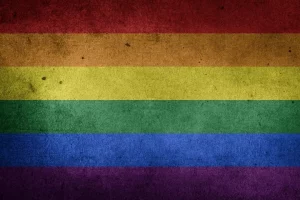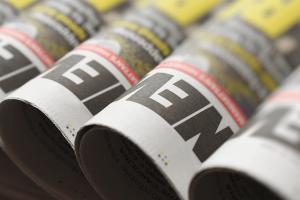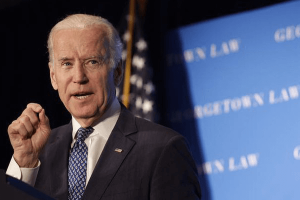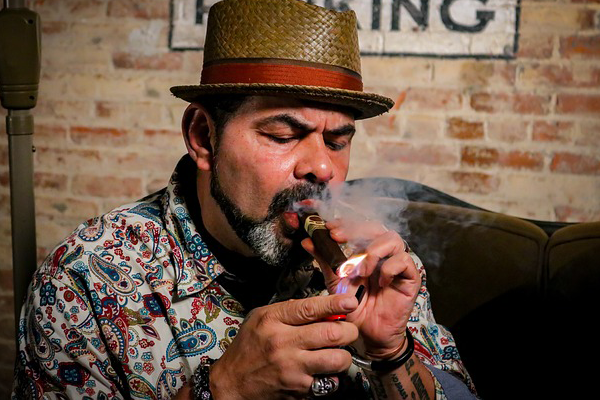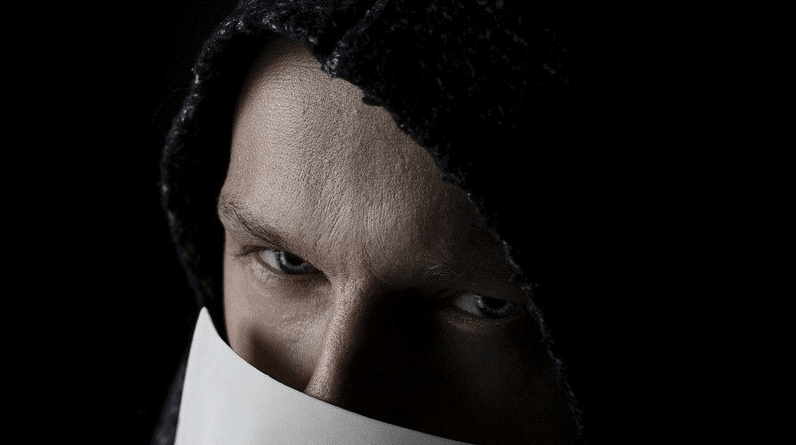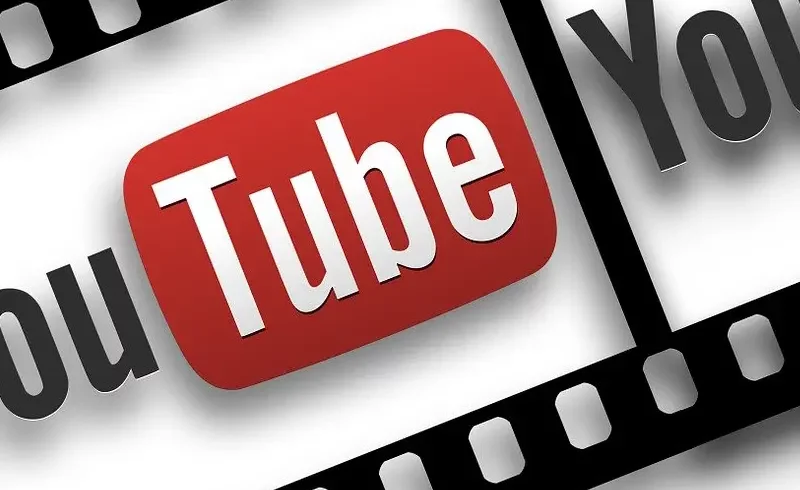
YouTube’s Surprising Reversal Sparks Backlash
Capitol Hill witnessed a wave of dissatisfaction this Thursday as certain legislators took a stand against YouTube and its corporate parent, Alphabet Inc. The uproar stems from the tech giant’s recent alteration of its policies against election misinformation, a shift that could significantly affect the upcoming presidential election.
YouTube’s Relaxed Censorship Policies Trigger Controversy
The source of the discontent is YouTube’s newly announced decision to loosen its moderation protocols regarding videos that contest the validity of the 2020 presidential election results. This unexpected shift in policy, disclosed via a YouTube announcement, drew sharp criticism from four prominent Democratic members of the US House of Representatives Energy and Commerce Committee, including Ranking Member Frank Pallone Jr. (D.-NJ). These legislators condemned YouTube’s policy change publicly and called for the platform to revert to its previous guidelines.
Legislators Rebuke YouTube’s Policy Shift
The legislators penned a strongly worded letter expressing their disapproval, arguing that while YouTube justifies the change as essential to “a functioning democratic society,” they strongly disagree.
[You can read the letter in full here.]
In their communication, they decried the policy modification as a potential threat to American democracy, urging YouTube to reconsider this “damaging policy decision.”
A noticeable silence hung over YouTube as a spokesperson refrained from responding to the criticism.
The Logic Behind YouTube’s Policy Reversal
On closer inspection of YouTube’s June 2nd announcement, the platform’s decision stems from reflecting on their previous policies’ real-world impacts and effectiveness. Having overseen an entire election cycle and conducted large-scale video removals, YouTube appears to have reconsidered its approach. The platform now posits that excessive censorship may be more harmful than helpful, possibly stifling political speech without effectively reducing the potential for violence.
However, the Democratic lawmakers maintain that YouTube’s policy reversal is fraught with danger, arguing that content undermining the credibility of recent elections has already inflicted substantial damage on democracy.
In an era where free speech is in question, the role of platforms like YouTube in the political discourse is under intense scrutiny.

Carl Riedel is an experienced writer focused on using Open Source Intelligence (OSINT) to produce insightful articles. Passionate about free speech, he leverages OSINT to delve into public data, crafting stories that illuminate underreported issues, enriching public discourse with perspectives often overlooked by mainstream media.
